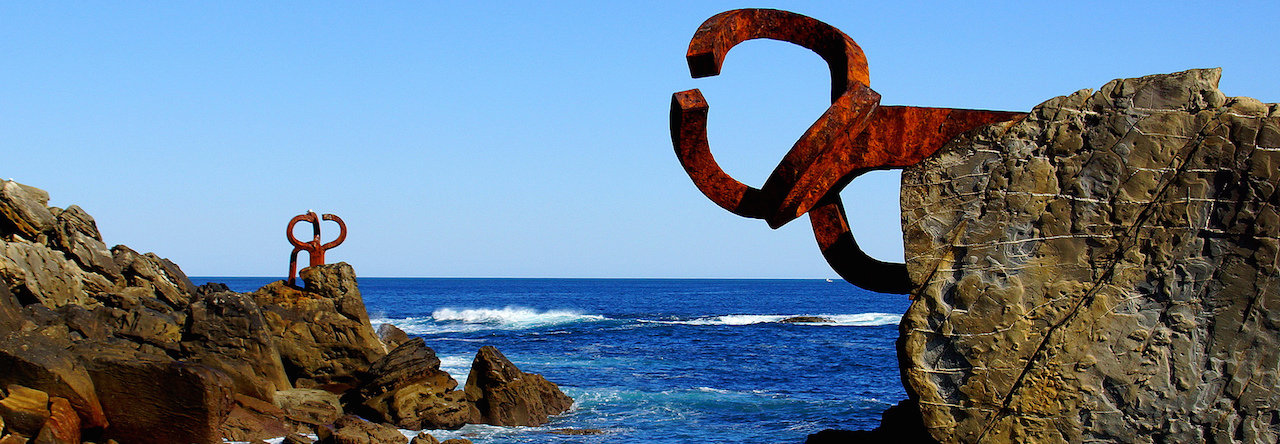International economic crisis has taken apart other big problems, like the weak global order. Sometimes I think Mr Bush and his Halliburtons have created the financial nightmare to move the political and media agenda from the disaster of war against terrorism to the economic matters. Even I believe they have chosen Mr Obama to become President and therefore avoid hard scrutiny over their mismanagement. The race question, the civil rights stuff and the spirit of Martin Luther King dominate the public opinion arena and hide other serious problems. You know it is easy to nominate a future President in conspiracy meetings of Skull and Bones, Bilderberg Club and others. There is not problem to find a dark rountdtable to make decisions on the future of the world without asking citizens, the supposedly bearers of the light of democracy. But who needs voters if can set up a Conspiration Tank?
My reflection is related to the lack of discussions about the global threats. Despite the dubious efforts of Dick Cheney and his Oil Brothers, the fact is that after seven years of strange wars, international balance is as fragile as in 2001. Even worse, as the United States have started their unstoppable decline. At this time, we do not have another superpower and it means no stability at all in the near future.
Terrorists have not been defeated. They are reorganised and have chosen other places to prepare a new season of their deadly war. Where are they? It easy to know, at least according to the opinion of Angel Rabasa, Senior Policy Analyst of the Rand Corporation. He says that Al-Qaeda has gone to Africa, making profit of the fact that
«The internal conflict and corruption enveloping weak African governments make it easy for terrorists to move, plan and organize»
In Radical Islam in East Africa, the expert argues that terrorist leaders have infiltrated in East Africa countries and are conquering the support of population. Although Africans do not like the Arabic Islam, they are accepting the work of charities, which offer economic aid and win the confidence of citizens. Mr Rabasa asks for the reinforcement of the coalition of the United States, the European Union and other developed countries to helping Africa in a economic and social progress which put the continent far from the dark side. Otherwise, we will add another very hot spot in the planet. We have not taking care of the hungry Africa because it was a not a menace to our welfare. But, lucky for them, we are going to change our mind. Thanks to terrorists. However, now the Western intervention is not going to be an humanitarian trip. The poor always pay twice.

